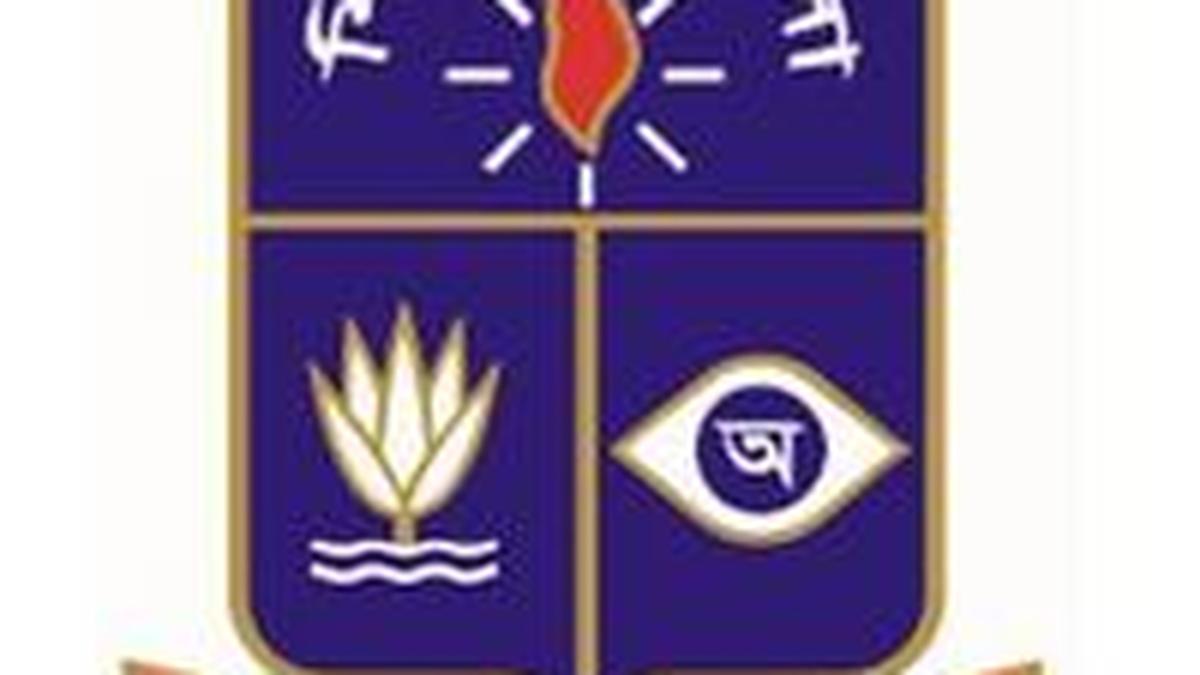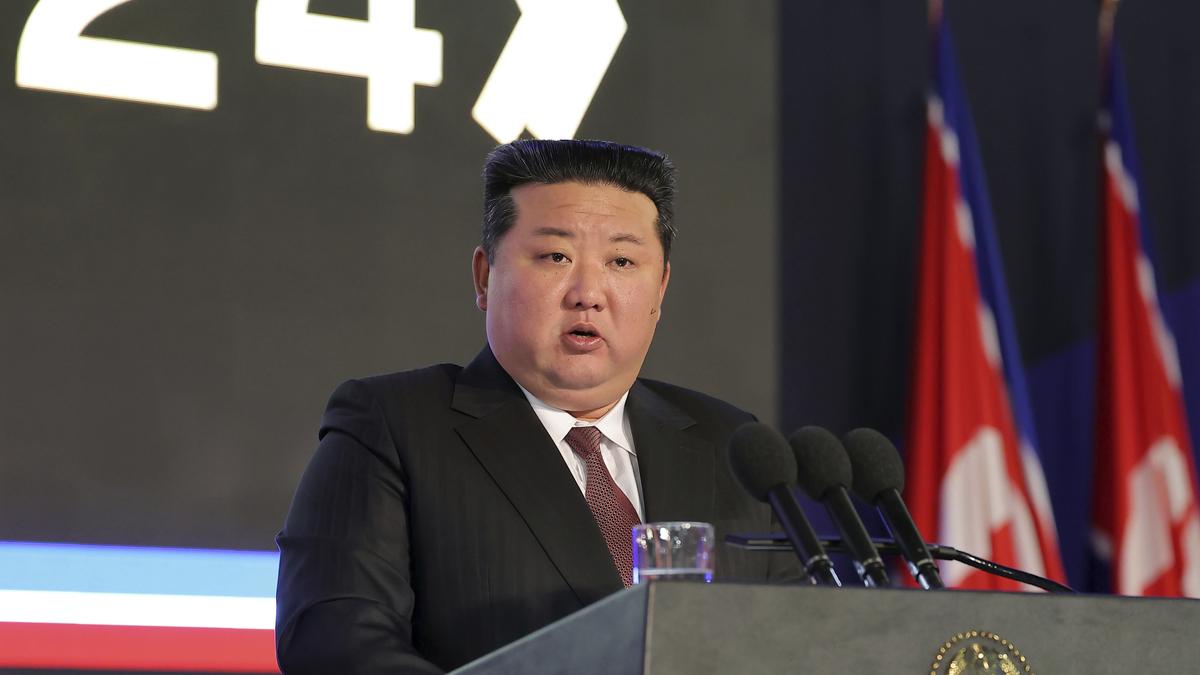Dhaka University, the largest educational institute of Bangladesh, has lifted the ban on admitting Pakistani students. Pro-Vice Chancellor of the university Prof. Sayma Haque Bidisha informed that the decision was taken on November 13 during a syndicate meeting which was chaired by Vice-Chancellor Prof. Niaz Ahmad Khan. The decision acquires significance in the backdrop of broadening dialogue between the Pakistani authorities and the interim government of Bangladesh.
As per the new revised policy, Pakistani students will be able to seek admission in Dhaka University and Bangladeshi students will also be able to pursue courses in Pakistan. “At one point, ties with Pakistan were cut, but Dhaka University is an academic institution. Many of our students need to visit Pakistan for scholarships or academic conferences. We resolved this issue through discussion to restore normal relations,” Prof. Bidisha was quoted as saying in Dhaka Tribune.
Dhaka University has played a unique role in the history of Bangladesh as the seedbed for many protest movements against the rulers of Bangladesh. Most recently, in July-August 2024, it was in Dhaka University’s campus that the protest against ex-Prime Minister Sheikh Hasina started before spreading across the country. However, Dhaka University’s reputation as a political hotbed was cemented in 1971 when students and teachers in the university rose in protest against the ruling elite of Pakistan that had denied political rights to East Pakistan. Pakistan military’s Operation Searchlight launched on March 25, 1971 started by targeting students and professors in Dhaka University campus.
The role of Dhaka University as the birth place for anti-Pakistan movement was in focus during the Sheikh Hasina years when a popular demand grew for an apology from Pakistan for its role in the 1971 genocide in East Pakistan. As a result of this movement for accountability of Pakistan in the atrocities of 1971, a decision was taken in December 2015 to stop the flow of Pakistani students to Dhaka University. The November 13 decision has reversed that ban though Pakistan has not apologised or acknowledged that its armed forces participated in the genocide in East Pakistan in 1971.
The explanation of the university authorities is based on the fact that the decision is aimed to foster academic exchanges between the two sides, however, the facts on the ground show that there have been several exchanges between the Government of Pakistan and the Mohammad Yunus-led interim government of Bangladesh. Syed Ahmad Maroof, High Commissioner of Pakistan to Bangladesh, after the fall of the Sheikh Hasina government on August 5 has considerably increased his exchanges with the top officials of the interim government. Ms. Hasina had a frosty relation with Pakistan and often blamed her opponents, especially Jamaat-e-Islami of Bangladesh, as being supported by Pakistan. After her downfall, High Commissioner Maroof has been campaigning for establishing direct air connectivity between Pakistan and Bangladesh over the Indian landmass. On November 18, the Pak High Commissioner attended the Bay of Bengal Conversation 2024, in Dhaka, and called for more trade between Bangladesh and Pakistan.
Published – November 19, 2024 10:35 pm IST



